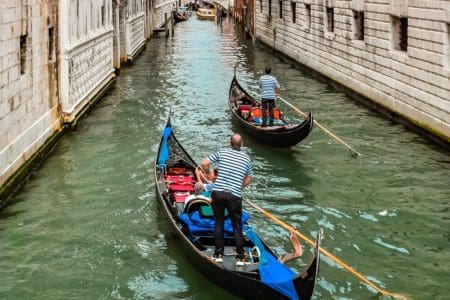Liilian Connors gives her eight tips for eco-friendly travel from reducing your rubbish to using the right sunscreen.
Going on out-of-town trips or outdoor adventures can be fun, memorable and exciting. It is a chance to see new sights, visit new places and experience the unique richness of a place’s culture. It can also give you a dose of adrenaline if you are the type of person who seeks thrills.
However, you need to remember that you are a visitor. Wherever you go or whatever you can affect the dynamics of the natural environment of that place. In other words, enjoying trips and adventures irresponsibly can negatively affect the local environment.
Tips for eco-friendly travel – How to be an Eco-Friendly Traveller
This may sound disappointing, but every time you visit a place, you always leave an impact. There’s just no way around it. However, you can exercise responsibility to minimise that impact.
Check out these eight tips for eco-friendly travel pointers and how to make travelling clean and green.
Don’t throw rubbish anywhere
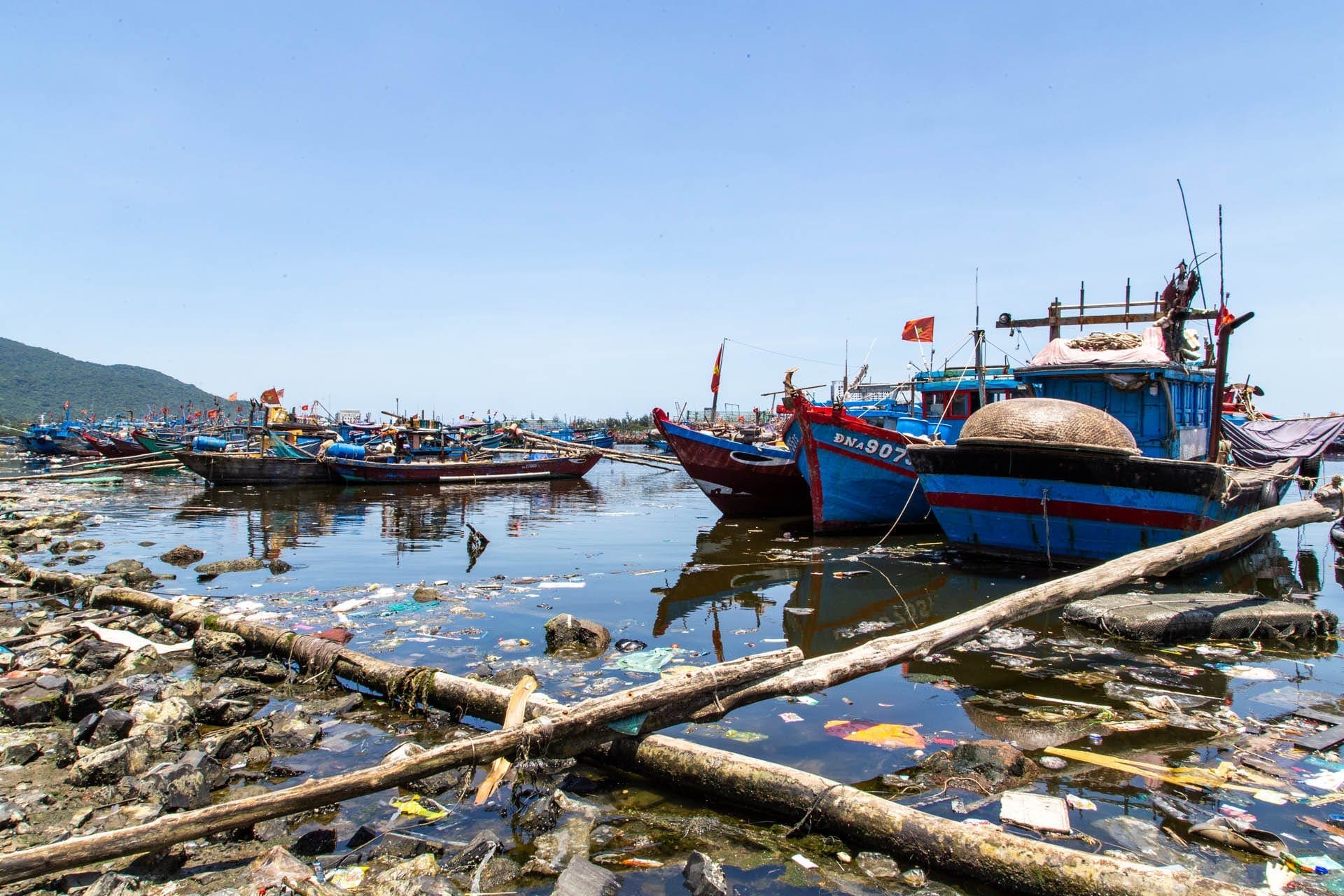
Your rubbish belongs in the bin. If there’s no rubbish bin anywhere, keep it with you until you come across one. An extra plastic bag is perfect for holding your rubbish.
In the same way, don’t vandalise or deface items, structures and natural formations. Always respect nature and local culture. Remember you are a visitor to this place. How would you feel if someone scratched graffiti on or damaged your property?
Reduce your rubbish
According to the latest recycling statistics, humans produce over two billion tons of waste material every year. With such a massive amount, you may think that a responsible individual traveller may not make a difference in a locality’s waste management even if she makes an effort to reduce her trash. But if all travellers do what they can to lessen the rubbish they dump, that would cut a huge chunk of that amount.
Here are some ways on how you can do your share:
- Recycle plastic bags by using them as waterproof containers or liners;
- Return brochures, guide books, maps, etc. after using them;
- Bring your own toiletries rather than buy them at the destination;
- Dine in rather than order take-out food to reduce packaging; and
- Bring your own reusable water bottle.
Avoid purchasing products made of endangered plants and animals
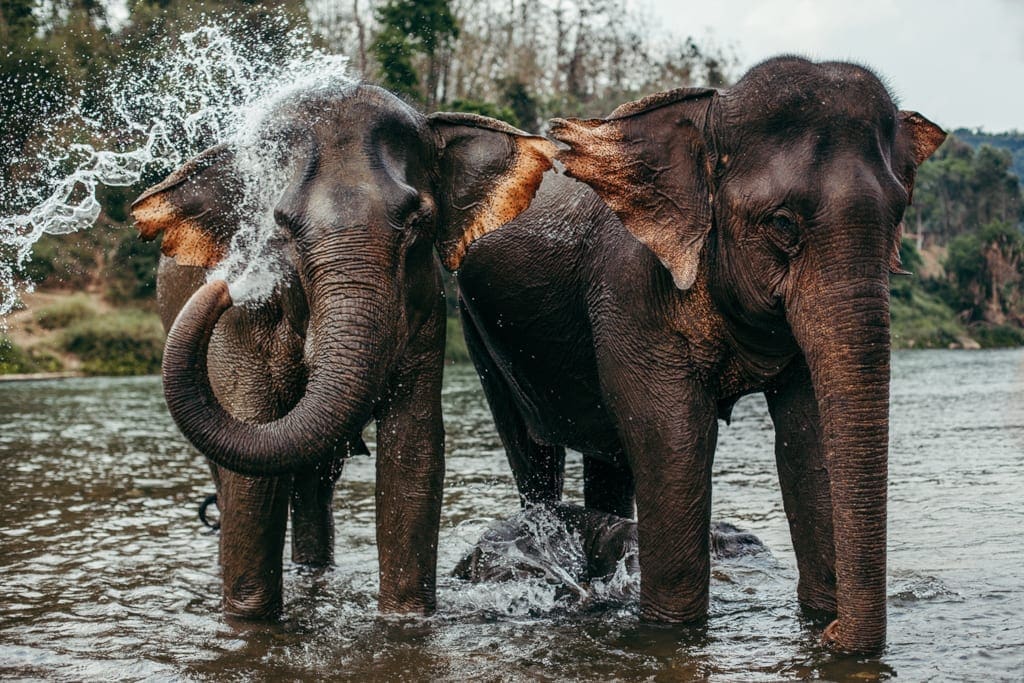
Many places sell souvenirs and items that are made of plants and animals – shell craft items or ivory trinkets, for instance.
Never buy items made of endangered flora and fauna. You are unknowingly funding illegal activities that drive these endangered plants or animals to extinction. The same goes for ancient artefacts or items that are sacred to the locals. In many places, buying sacred or culturally significant objects is illegal.
Don’t join “hands-on” tours
Many tours and activities include touching wild or captive animals. Don’t join these tours. Wild or captive animals are not meant to be touched by humans. Often, they’re dangerous and may attack when provoked. In addition, many wild animals carry pathogens that can cause serious diseases. In case you unknowingly joined a “hands-on” tour, don’t join the activities. Not much can be predicted in such situations. The wilderness is full of surprises and one can never be too careful. One thing you can do to prepare is to educate yourself in basic life-saving skills. Online BLS recertification is flexible and accessible to anyone, both travel guides and tourists alike.
The same advice holds true for activities that involve touching natural formations and sacred objects.
Take public transport
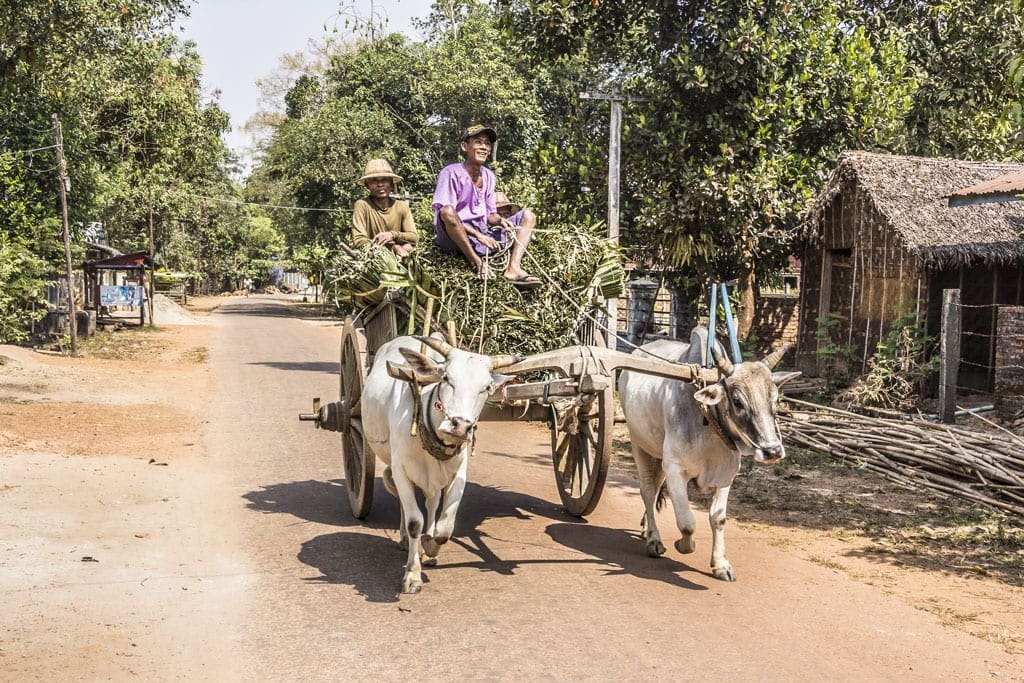
If possible, take public transport when travelling from place to place. In many places, there are fast, efficient modes of transport, such as electric trains, trams, rapid transit systems and eco-buses. Renting your own vehicle only adds to the air pollution in the area.
Rent a bike
Independent travel is one of the best travel experiences there is. If possible, rent a bike to travel around. It doesn’t use fuel, doesn’t cause pollution and is a great work out.
Tips for eco-friendly travel – follow the Leave No Trace protocols
If your trip involves a hike, climb or outdoor adventure, always follow the Leave No Trace (LNT) principles. These are seven ethical rules that people need to follow when they are outdoors.
- Plan ahead and prepare for the outdoors (including proper outdoor clothing);
- Travel and camp on durable surfaces;
- Dispose of your waste properly;
- Minimise campfire impacts or use alternatives;
- Leave what you find;
- Respect the wildlife; and
- Be considerate of other visitors.
Click this link for more information on Leave No Trace ethics.
Use coral-safe sunscreen
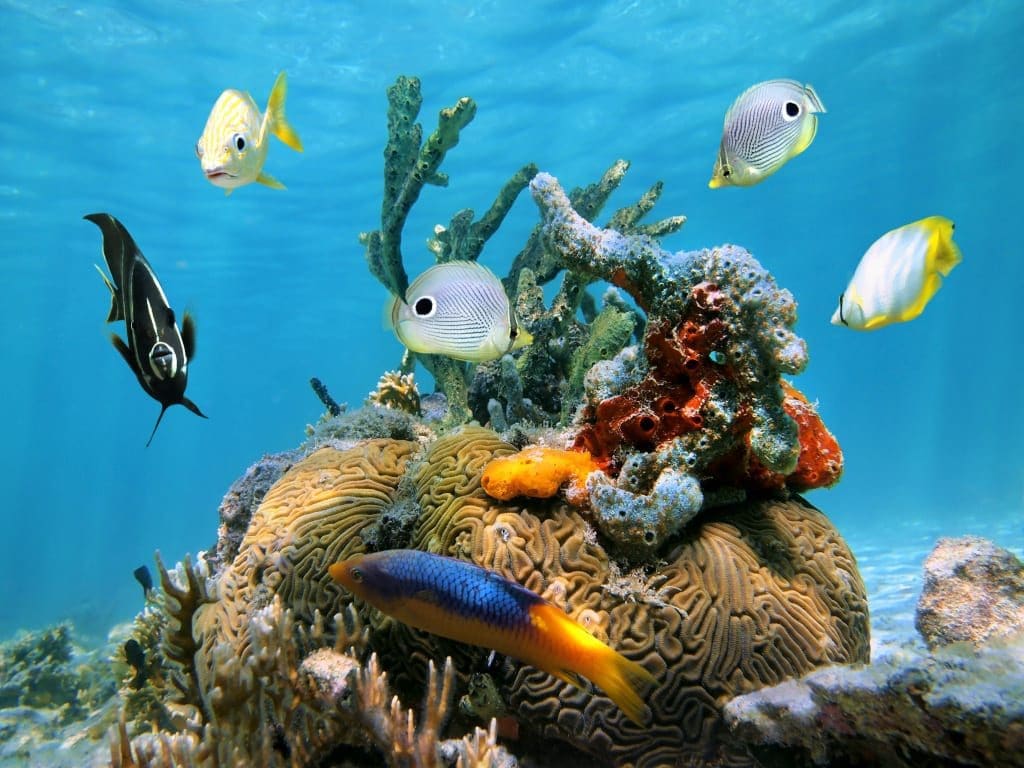
Sunscreen contains chemicals that are toxic to marine life, particularly corals. For the eco-conscious beach lover, this should be a concern. You want to protect your skin, but you don’t want to damage corals. Ensure your sunscreen is coral-safe. Look at the ingredients: it should not include harmful chemicals such as Butylparaben, octinoxate, oxybenzone, or 4-methyl benzylidene camphor.
Better yet, don’t use sunscreen. Simply wear a rash guard or wetsuit as this offers vastly better sun protection than any sunscreen.
Travelling to new places and going on exciting adventures are great ways to enrich your life. By following these simple tips for eco-friendly travel, you can visit places, learn more about the world and engage with unique cultures without harming the environment.

